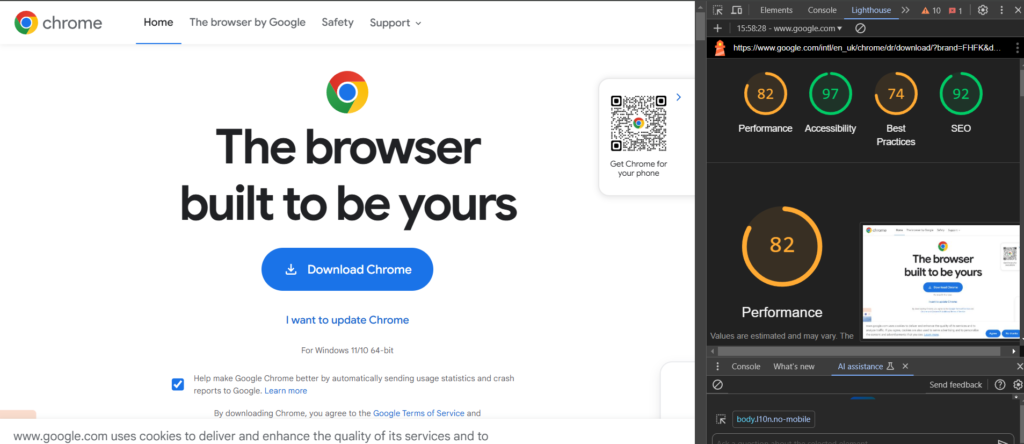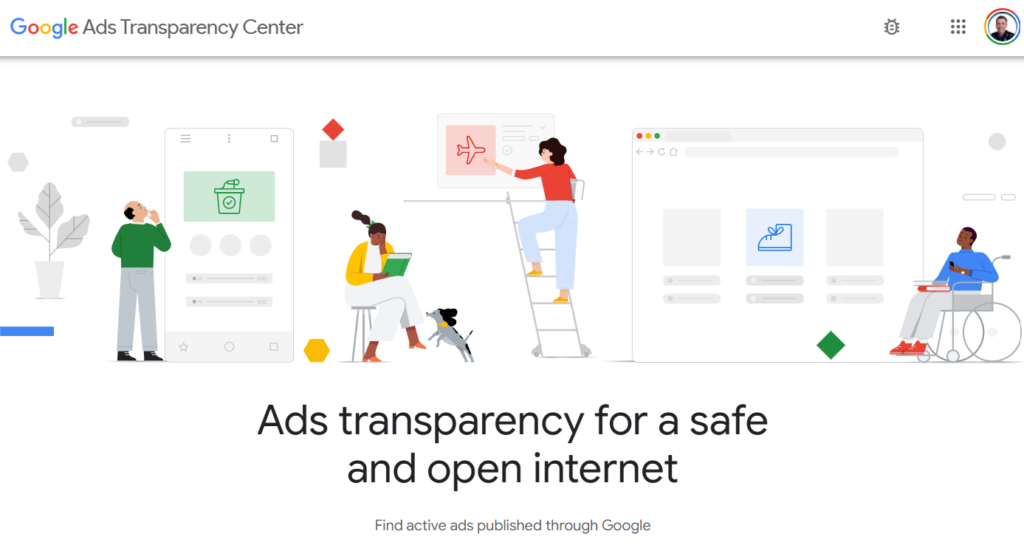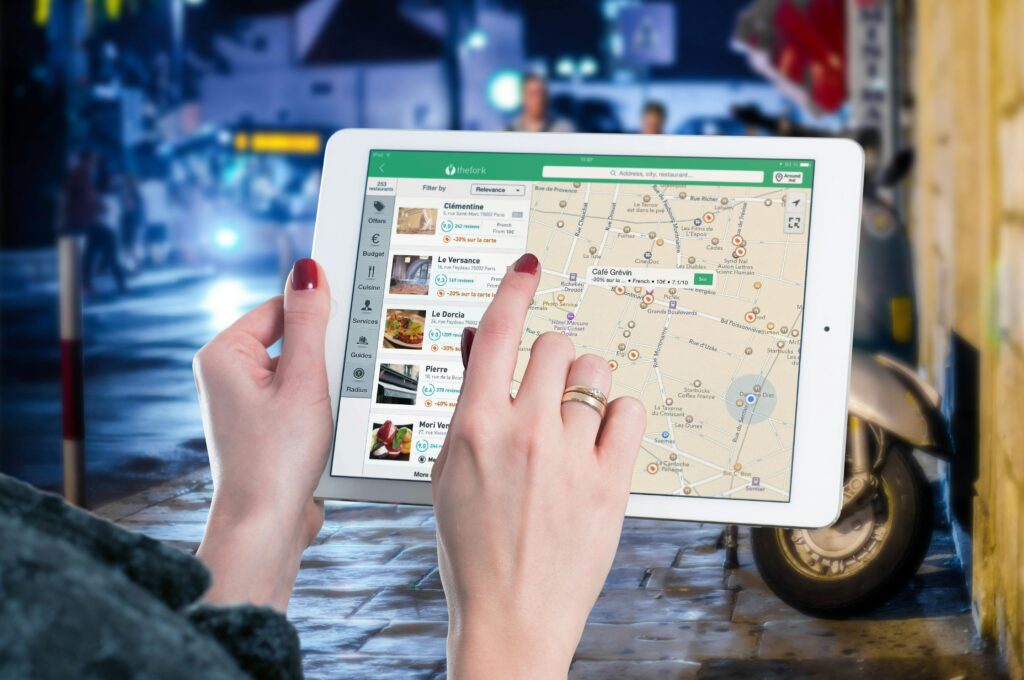“If you have 3 hours to cut down a tree, spend 2 hours sharpening the axe”,
Abraham Lincoln (Maybe)
You have probably heard the quote or a variation of it. It is attributed frequently to Abraham Lincoln, he probably did say something along those lines. It means planning and preparation, is everything! I used to have a boss who would say “Remember the 5 P’s Proper Planning, Prevents, Piss-Poor Performance” or is that 6 P’s? Anyway, you get the point…
Like most things in life, the more time you spend planning and preparing the easier it is to execute and the better the result will be. And PPC ads are no different.
What is PPC?
Pay-per-click is an internet advertising model used to drive traffic to websites. The advertiser pays a publisher when their ad is clicked.
3 steps to PPC success
Whichever ad system you decide to use there is a basic 3-step formula for creating successful ads.
These 3 steps to PPC success are a solid foundation for every campaign.
Plan
There are 3 parts to the planning phase in the 3 steps to PPC success.
Set your goal.
You need to have a goal. Not just for your call to action but also so you can measure your success.
The call to action (CTA) in your ad is, what you want visitors to do after seeing your ad. This will be different depending on your goal. Decide what is the objective of your ad campaign, what do you want to achieve with your investment in this campaign?
You may want to focus on getting:
- More Traffic
- More Subscribers
- More Sales
Decide which asset you have that is going to help you meet that goal.
For Example, if you want more traffic;
- A downloadable checklist to help you succeed at a certain task
- A template to save you time
These are only available to download from your blog/website
If your target is to get more Subscribers;
- An ebook on a topic of interest to your audience
- A multi-lesson online or email course on how to succeed at doing something of interest to your target audience
Tip: Have them fill out a form to get the download link emailed to them. This will stop people from entering a fake email address (if they want you offer)
If you want more Sales the asset will probably be
- A new product you are just launching
- A product you have had for some time that you know is popular
Set a Budget to Calculate what you need to succeed.
You need to understand how much a successful campaign will cost. This is an investment.
To calculate your the customer acquisition cost (CPA – Cost per Acquisition) you need to Estimate your maximum cost per click (CPC).
You can use this simple formula.
The Maximum Cost per Click is the Profit per customer X The sales conversion rate.
For example, if you have an ebook that you produced yourself, therefore with no real production costs, and you priced it at £10 your profit will be £10.
If your conversion rate is on average, 1%, your maximum CPC = 10p. Otherwise, you will be losing money on your campaign.
Max CPC = profit per customer x sales conversion rate
£10.00 x .01 = .010
If you are selling a physical product you need to factor in the production cost and the shipping and handling costs.
As an example, if your product is a printed Journal based on a template you designed, and you sell it at £17, including printing shipping and handling. The cost of producing the journal is £3 and the shipping and handling £2, for a total fulfilment cost of £5. Your profit, in this case, is £12, so using the same formula (£12 – £5 =) £12.00 x .01=.012.
When you start succeeding at PPC you will be able to get a higher conversion rate.
£12.00 x .02=24p maximum CPC
£12.00 x .03 = 36p
£12.00 x .04 = 48p
…
and so on.
Like everything in an online business, you should always test and refine. Most importantly, set an advertising budget and stick to it.
Test your ad and your offer. Start with a small amount and increase it if the ad converts well.
What makes a successful PPC Ad?
You should choose one offer for each Ad in you ppc campaigns you want to run. The offer should be something that is valuable to the customer. Valuable doesn’t have to mean financially. It means something that is useful to your audience. Your offer will depend on your goal and the free or paid item you wish to promote.
The Right Keywords
There are lots of tools to help you do PPC keyword research. But you can start your keyword research by simply searching your top keywords on Google. For more about how to search for the right keywords, read this post.
Which of your competitors rank in the top few google search results?
Look what they are offering.
You don’t need to copy their offer, but it should be of similar value to the customer, and by doing this you will get some ideas that you may otherwise overlook.
Here are some popular tactics to get people to click on your ads.
Make sure you are telling a story
What is the reason you are making the offer, and how did you get to be able to offer it?
People love stories like “No one believed in me, but I did it anyway and now I am proving everyone wrong”.
Try showing that you understand the customer’s pain points. “I too suffered from…until I discovered…”
Tell them why they should be interested. “Many people like you are discovering how X can help them to achieve Y.”
Try not to be too ‘salesy’ – write in the way you would talk to a friend.
Think about what kind of things interest you and make you want to find out more, when was the last time something caught your eye and made you want to know more?
Include a Deadline (Scarcity – but make it genuine)
Make it a limited-time offer only so they need to move fast before it goes away. (FOMO Fear-of-missing-out)
A special Launch
This is an all-new product never seen before, or it does it in a completely different way. Be careful with this one, people are not stupid, and they will know if you are lying.
Ask a Question.
Sometimes asking a question can help to appeal to your customers Especially if it relates to a common problem.
Tired of struggling to grow your list? Grab your free ebook now.
Tired of tiny affiliate commissions? Sign up for your free webinar and watch them soar
Some ideas for an Ad offer are:
- Free ebook (sample)
- A Special discount on a high-value offer
- A Checklist
- A Template to save time
- An Invite only webinar access (Make them feel Special)




One Comment